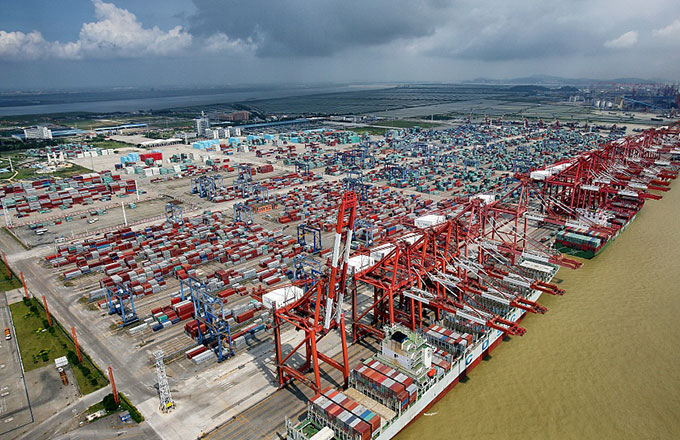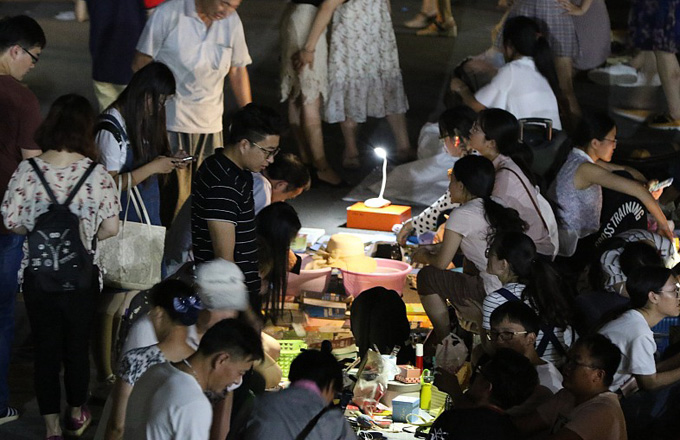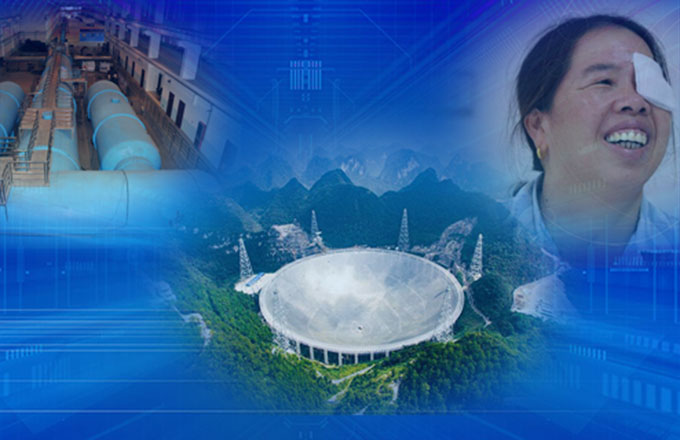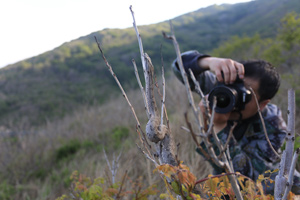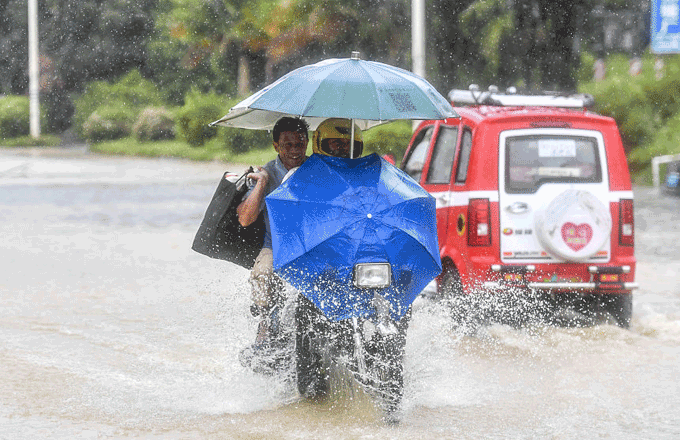Premier Wen's speech at Sixth China-EU Business Summit
The second question is whether the investment environment in China is good or not. I would like to tell you that China will steadfastly push forward its reform and opening-up process and will in no way deviate from the path. Only through reform and opening to the outside world will China develop further. The basic policies that have been established in the reform and opening-up drive will not be changed. The only changes that have taken place are that foreign investment is now under better and more orderly regulation.
Entrepreneurs' concern for the investment environment does not go beyond three aspects -- intellectual property, innovation and government procurement. I can tell you in a responsible manner that all foreign businesses that are legally registered in China are entitled to enjoy national treatment, and that all products made by foreign-invested enterprises in China are made-in-China products. We will protect not only your intellectual property, but also all your legitimate rights and interests.
The third question regards the export of raw materials, specifically the export of rare earth. As a long-time researcher on rare earth metals, I have a say on the issue. There are two kinds of rare earth metals, the heavy rare earth elements and the light rare earth elements. China has rare earth deposits in different regions, with the heavy ones located mainly in the south, such as Jiangxi Province.
The light ones are mainly in the north, such as Baotou City in Inner Mongolia. In the 1980s and 1990s, there was a lack of well-regulated management over rare earth metals in China, and also a lack of extraction technologies in the country. Some countries bought a large amount of rare earth metals from China at low prices in a period of time when management over rare earth in China was the most chaotic, and even now they still have a considerable stockpile, which they know very well. China contributes a large proportion of the global rare earth output, which far outdoes its share of the world's total rare earth deposits. We haven't imposed, and will not, impose an embargo on the industry. We are pursuing a sustainable development of the rare earth industry, not only to meet the demand of our own country, but also to cater to the needs of the whole world. We not only need to accommodate the current demand, but also, more significantly, need to take a long-term perspective. It is necessary to exercise management and control over the rare earth industry, but there won't be any embargo. China is not using rare earth as a bargaining chip. We aim for the world's sustainable development.
China wishes to forge more extensive, deeper and closer economic and trade ties with EU countries. The EU is now China's largest partner in terms of trade and investment,ahead of the United States and Japan. To be frank, the EU has done a better job in relaxing restrictions on high-tech exports to China. For instance, there is cooperation on the Galileo satellite project, with Airbus and there is nuclear power cooperation, to name a few. This morning, the Belgian King also mentioned to me about cooperation on the fourth generation micro-nuclear technology.
It is in the fundamental interests of both China and the EU to develop bilateral trade and economic relations. Standing here today, I am feeling under a heavy responsibility. I will try my best to promote China-EU trade and economic cooperation and overcome the temporary difficulties and problems that have emerged in the process of cooperation.
So, let's join hands to promote the development of China-EU trade and economic relations and jointly usher in broad prospects for future development of the China-EU comprehensive strategic partnership.







